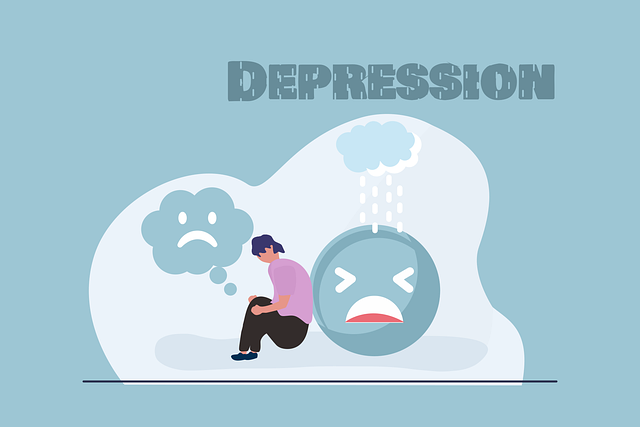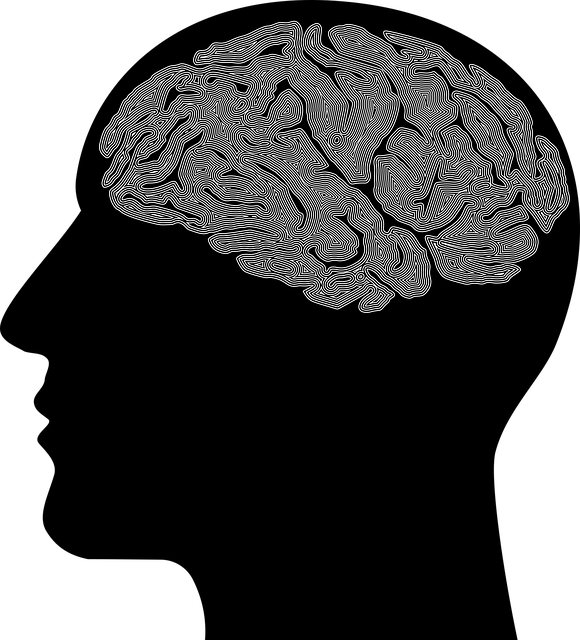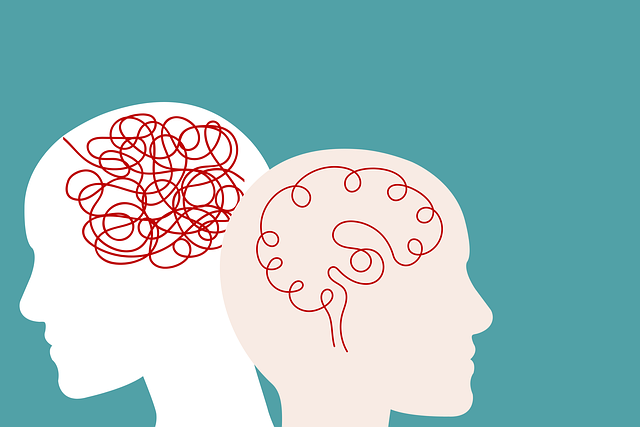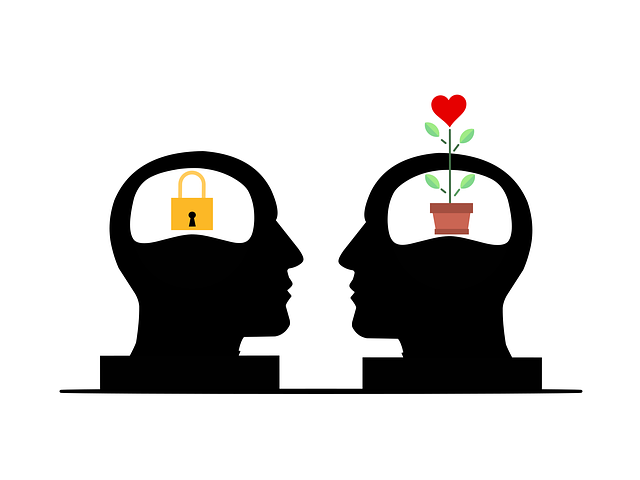Understanding and addressing loss, grief, and bereavement in young children is crucial due to their unique expression of emotions through behaviors. Effective therapy for these vulnerable individuals should create safe spaces using play therapy and age-appropriate techniques to process feelings, improve self-esteem, and develop lifelong coping mechanisms. Chronic pain in children, often without a clear cause, leads to emotional distress and mental health issues. Holistic approaches combining counseling and medical interventions can manage symptoms. Specialized counseling techniques tailored for young chronic pain sufferers and their families are vital, focusing on cultural sensitivity to create safe spaces for emotional healing. Organizations offer tailored support, including counseling services, family therapy, and local/online support groups, enhancing the support network for all ages, especially targeting therapy for young children with chronic pain.
Loss, grief, and bereavement can profoundly impact young children, affecting their emotional well-being and development. This article explores these complex topics, offering insights into how therapy can provide vital support. We delve into understanding loss, examining the unique ways children grieve, and discussing the specific challenges of chronic pain in childhood. Through an exploration of effective counseling techniques, we equip parents and caregivers with tools to help young ones navigate these difficult emotions. Additionally, resources and next steps are highlighted for families seeking therapy for their children dealing with chronic pain.
- Understanding Loss, Grief, and Bereavement in Young Children
- The Impact of Chronic Pain on Emotional Well-being
- Counseling Techniques for Effective Support
- Resources and Next Steps for Families Affected by Loss
Understanding Loss, Grief, and Bereavement in Young Children

Understanding Loss, Grief, and Bereavement in Young Children
When a child experiences the loss of a loved one, whether it’s due to death, separation, or chronic pain, it can significantly impact their emotional well-being. Unlike adults, young children often express grief through behaviors rather than words, making it crucial for caregivers and therapists to recognize and address these non-verbal cues. Therapy for young children during times of loss should focus on creating a safe and supportive environment where they can begin to process their emotions. Through play therapy and other age-appropriate techniques, children can start to make sense of their feelings, improve their self-esteem, and develop coping mechanisms that will serve them well throughout their lives.
Mental health awareness among children is essential, as unaddressed grief can lead to long-term issues such as burnout prevention. By providing therapy tailored to a child’s developmental stage, therapists can help young individuals navigate the complexities of loss, fostering resilience and promoting healthy mental development. This early intervention can be instrumental in preventing more severe emotional challenges that may arise later in life, especially when dealing with chronic pain or other significant losses.
The Impact of Chronic Pain on Emotional Well-being

Chronic pain can significantly impact a child’s emotional well-being and overall mental wellness. Unlike acute pain, which serves as a clear signal of injury or illness, chronic pain persists for months or even years, often with no apparent cause. This constant physical discomfort can lead to psychological distress, affecting a young person’s ability to engage in daily activities and social interactions. As a result, children experiencing chronic pain may exhibit signs of anxiety, depression, and low self-esteem, which can further exacerbate their condition.
The interconnection between physical and emotional pain makes it crucial for therapy to address both aspects. A comprehensive approach that includes counseling, along with medical interventions like medication or alternative therapies, can help young patients manage their chronic pain effectively. Moreover, therapy sessions tailored for children can provide a safe space for them to express their feelings, develop coping strategies, and improve self-esteem. By integrating emotional support into the treatment plan, therapists contribute to preventing depression and fostering mental wellness, especially in production of a Mental Wellness Podcast Series that highlights these topics.
Counseling Techniques for Effective Support

Counseling techniques play a pivotal role in offering effective support during loss, grief, and bereavement. For young children experiencing chronic pain and their families, specialized therapy approaches are essential. Play therapy, for instance, utilizes creative activities to help children express their emotions and cope with difficult experiences. This technique not only aids in anxiety relief but also fosters emotional healing processes, making it particularly beneficial for vulnerable populations.
Cultural sensitivity in mental healthcare practice is another critical aspect. Counselors should be adept at tailoring their approaches to respect diverse cultural beliefs and practices surrounding grief. By incorporating these considerations, therapists can create a safe space for clients to navigate complex emotions, ultimately enhancing the overall therapeutic experience. This personalized care ensures that each individual receives the support they need during challenging times.
Resources and Next Steps for Families Affected by Loss

Families navigating loss often require a comprehensive support system to help them cope with grief and bereavement. Following a significant loss, it’s essential to explore various resources tailored to each family member’s unique needs. One crucial aspect is providing therapy for young children affected by chronic pain or loss, as specialized care can significantly impact their emotional well-being. Many organizations offer counseling services specifically designed for kids, focusing on self-care practices and mood management techniques that foster resilience.
Additionally, encouraging self-esteem improvement through age-appropriate activities and open discussions can aid in the healing process. Family therapy sessions can also be beneficial, offering a safe space to express emotions collectively while learning effective communication strategies. Local support groups, online resources, and community initiatives dedicated to grief and bereavement further enrich the available support network, providing practical guidance and emotional sustenance for all ages.
Loss, grief, and bereavement can profoundly impact young children, especially when coupled with chronic pain. Understanding these complexities is crucial in providing effective support through counseling techniques tailored to their emotional needs. By leveraging resources and next steps discussed in this article, families can access the therapy for young children with chronic pain, helping them navigate loss and heal. Remember that seeking help is a vital step towards fostering resilience and enhancing overall well-being.










